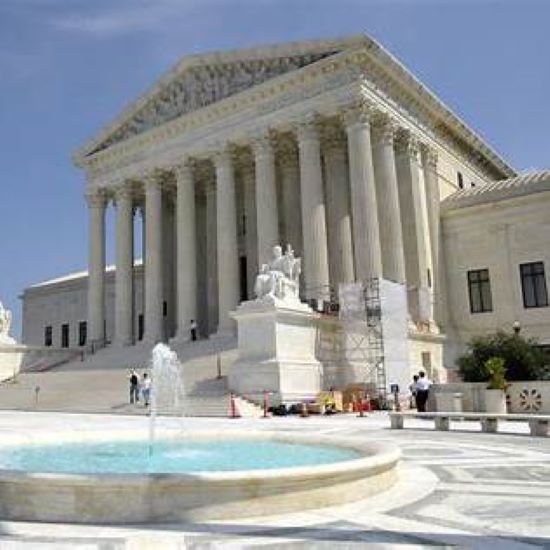A federal judge in Seattle, John Coughenour, temporarily blocked former President Donald Trump’s executive order restricting birthright citizenship, describing it as “blatantly unconstitutional.” The order, signed by Trump on Monday, sought to deny U.S. citizenship to children born in the United States if neither parent is a U.S. citizen or lawful permanent resident.
Coughenour, a Reagan-appointed judge, issued a 14-day nationwide restraining order at the request of Democratic-led states, including Washington, Arizona, Illinois, and Oregon. He expressed disbelief at the legal basis of the order, stating, “I’ve been on the bench for over four decades, and I can’t remember another case where the question presented is as clear as this one.”
The states argued that Trump’s directive violates the citizenship clause of the 14th Amendment, which guarantees citizenship to anyone born in the U.S. “This is a blatantly unconstitutional order,” Coughenour said during a packed courtroom hearing, where he was joined by other judges observing the proceedings.
Under Trump’s policy, children born in the U.S. to non-citizen parents after February 19 would not qualify for citizenship. They would also be denied Social Security numbers, government benefits, and the legal ability to work as they grow older.
Washington state Assistant Attorney General Lane Polozola criticized the order, saying, “Under this order, babies being born today don’t count as U.S. citizens.”
The Justice Department, however, defended Trump’s action as constitutional, with lawyer Brett Shumate labeling judicial interference “wildly inappropriate.” Despite this defense, Coughenour signed the temporary restraining order before Shumate could finish his argument.
The order has prompted backlash, with at least six lawsuits filed against it by civil rights groups and Democratic attorneys general from 22 states. More than 150,000 children born annually in the U.S. could be denied citizenship if the policy is upheld.
Washington Attorney General Nick Brown emphasized the constitutional guarantee of birthright citizenship, stating, “You are an American citizen if you were born on American soil—period. Nothing the president can do will change that.”
The Justice Department has vowed to defend Trump’s order vigorously, arguing that it is a critical part of addressing immigration challenges. Meanwhile, 36 Republican allies in Congress have introduced legislation to restrict birthright citizenship to children of U.S. citizens or lawful permanent residents.
The debate over birthright citizenship dates back to the 14th Amendment, adopted in 1868 to overturn the Supreme Court’s infamous Dred Scott decision, which denied constitutional protections to enslaved Black people. Democratic attorneys general argue that the Supreme Court has upheld the citizenship clause for over a century, cementing the principle that children born in the U.S. to non-citizen parents are entitled to citizenship.
A hearing to determine whether the temporary order will be extended into a preliminary injunction is set for February 6, with legal experts predicting a drawn-out battle that could reach the Supreme Court.


